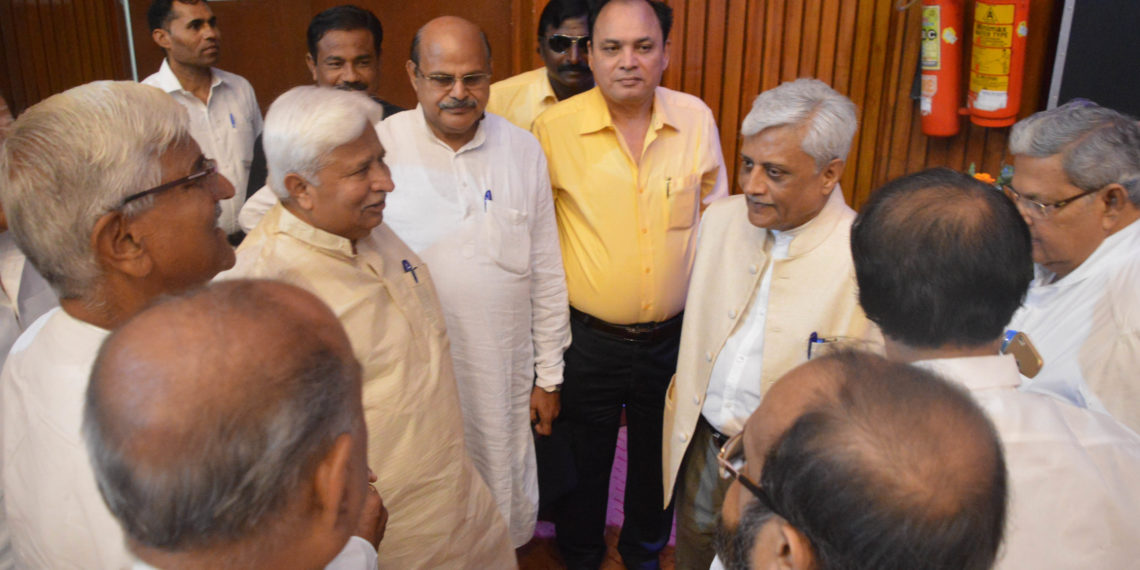Drafted by Jyotindra Mehta and the team, a basic National Cooperative Policy has been prepared which was discussed among top co-operators during Lucknow’s conference of Sahakar Bharati. Later the draft document was submitted to Union Cooperation Minister Amit Shah and Secretary D K Singh informed Mehta.
“The exhaustive draft for a new Co-op Policy being considered by the Ministry was prepared by three of us including D. Krishna Ex-CEO, NAFCUB, and R. N. Joshi, Director, CBRDE”, said Mehta talking about the genesis of the document.
It was put up for discussions before co-operators who, among others, were Satish Marathe, Dileepbhai Sanghani, Uday Joshi, Amul Chairman, and MD, GH Amin. . Later, it was submitted to the Minister on behalf of Sahakar Bharati, informed Mehta.
“Last Cooperative Policy was made 20 years back. The World order and the way business is done have changed beyond recognition since then. The new cooperative policy should be in tune with tremendous developments in technology, business structures, social changes, and changing consumer preferences”, the document says.
It should help cooperatives remain relevant and adapt to the changing environment. The Policy needs to be largely youth centric as the youth of the world are driving the new business models and environment.
New Cooperative policy should address issues arising out of dual controls on cooperative societies operating in different sectors of the economy.


As has been suggested in the 2002 Policy enunciated under the Vajpayee Government, there is a need for incorporating special provisions in cooperative societies acts with regard to banking, housing, real estate development, processing, manufacturing, and infrastructure development cooperatives, and a few others.
This is possible by introducing separate chapters for cooperatives in different areas of economic activity in cooperative acts of states and the MSCS Act.
Since different areas of economic activity like banking, finance & credit, fertilizers, sugar, dairy agriculture, & animal husbandry, fisheries, MSMEs and large industries, etc. all work within specific national policies and under sector-specific regulators, cooperatives in all these areas have to function under the dual regulatory regime.
The Cooperative Policy should ensure that there is no conflict due to the dual controls and it can only happen with extensive Centre-State coordination in this regard.
You can access the document by clicking here:
Cooperative Policy 2021-22 -FINAL














































Multistate act 2002 main sudharna karke . multistate co operative credit societies ko RBI supervision pawar main lana hoga. taki brastachar nahi hoga logo ke money guaranty rahegi aur ese hamara india develop hoga